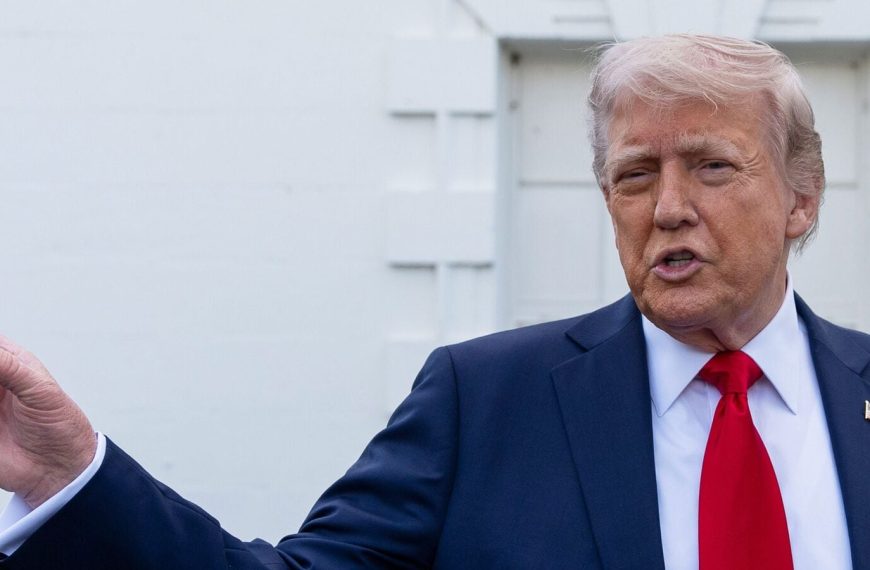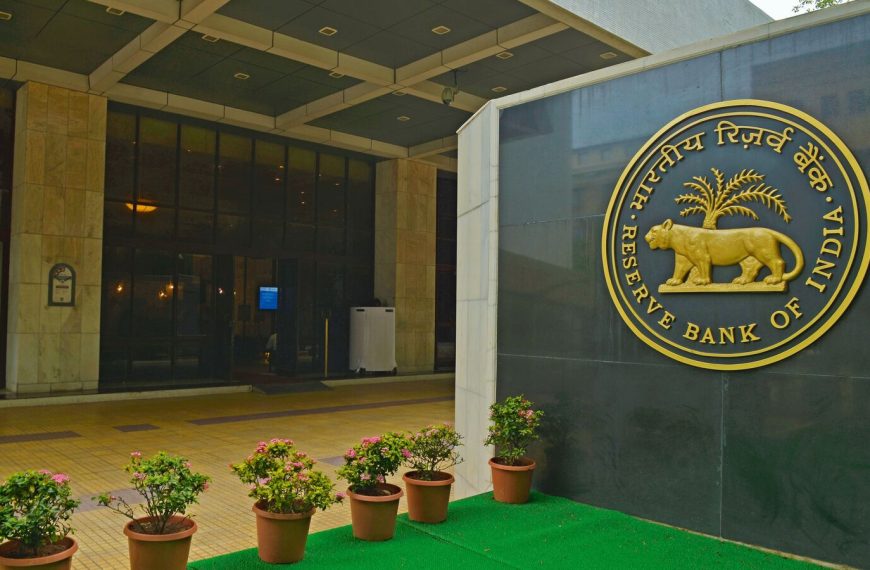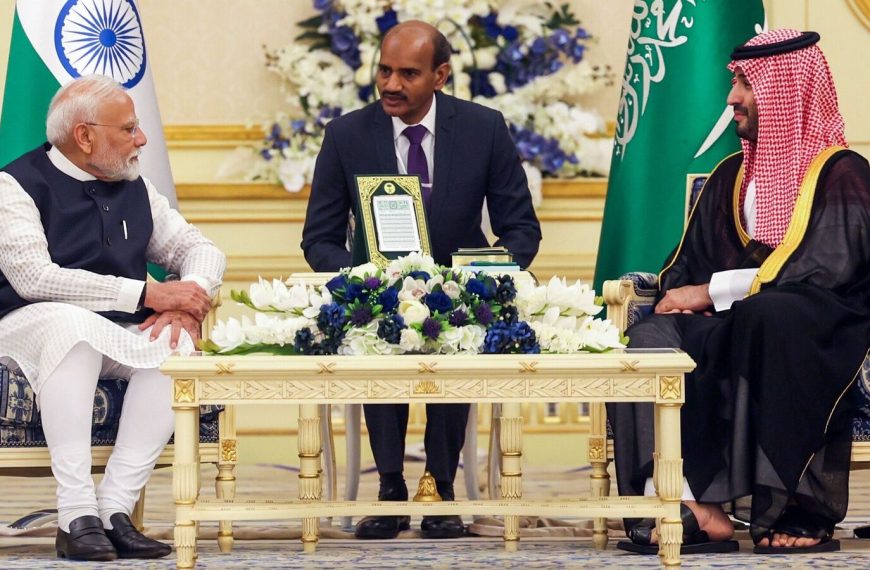Former President Donald Trump has intensified his criticism of Federal Reserve Chair Jerome Powell, expressing concerns about the current high-interest rates. During a recent Oval Office event, Trump revealed, “I haven’t reached out to him yet, but I might.” He firmly believes that Powell’s decision to keep interest rates elevated is misguided, stating, “We’re performing well, but we could achieve so much more.”
Trump’s Criticism of Powell’s Rate Strategy
Trump accused Powell of maintaining rates that are "too high" and suggested that the Fed Chair acted too slowly in addressing rising rates during the early inflation crisis. “Historically, he has been late to the party…” Trump remarked, highlighting his frustration over the Fed’s delayed responses to economic signals.
- Trump’s Past Remarks: The former president has not held back in his public criticisms, labeling Powell a "major loser" and asserting that his exit from the position is overdue. He even coined the term “Mr. Too Late,” referring to Powell’s reluctance to lower benchmark interest rates, which significantly affect borrowing costs nationwide. Following Trump’s remarks, the stock market experienced notable downturns.
A Shift in Trump’s Tone
Just days after his harsh statements, Trump appeared to temper his rhetoric, stating he had "no intention" of dismissing Powell. Reports indicate that advisers cautioned him about the potential legal and economic repercussions of such a move. Trump acknowledged, "He was recommended by someone I’m not particularly fond of," referring to his original nomination of Powell back in 2017. Despite their rocky relationship, President Joe Biden re-nominated Powell for a second term in 2022.
Powell’s Take on Trump’s Tariff Policies
Trump’s comments coincided with Powell’s warnings regarding the economic impact of his tariff policies. Speaking to the Economic Club of Chicago, Powell cautioned, “Unemployment is likely to rise as the economy slows down.” He also noted that tariffs could contribute to increased inflation, suggesting that the public would bear part of this financial burden. Powell emphasized that while prices are expected to rise due to tariffs, the exact impact remains uncertain, labeling tariffs a “negative supply shock.”
Maintaining Fed Independence
In response to Trump’s remarks, Powell asserted the Federal Reserve’s independence, stating, “Our autonomy is enshrined in law.” He emphasized that political pressures would not sway the Fed’s decision-making process. “We will operate strictly without regard to political influences,” he assured, indicating that external comments, including Trump’s, would not affect their policies.
Trump’s Initial Call for Rate Cuts
In a prior push for lower rates, Trump had urged the Fed to take action following the announcement of reciprocal tariffs. He argued that low inflation and strong employment figures created an ideal environment for interest rate reductions. "This would be a PERFECT time for Fed Chairman Jerome Powell to cut Interest Rates,” Trump tweeted, asserting that economic indicators were showing positive trends, including a drop in energy prices and a surge in job growth.
As the debate continues, the dynamics between Trump and Powell highlight the complexities of economic policy and the challenges of navigating political influence within the Federal Reserve.










